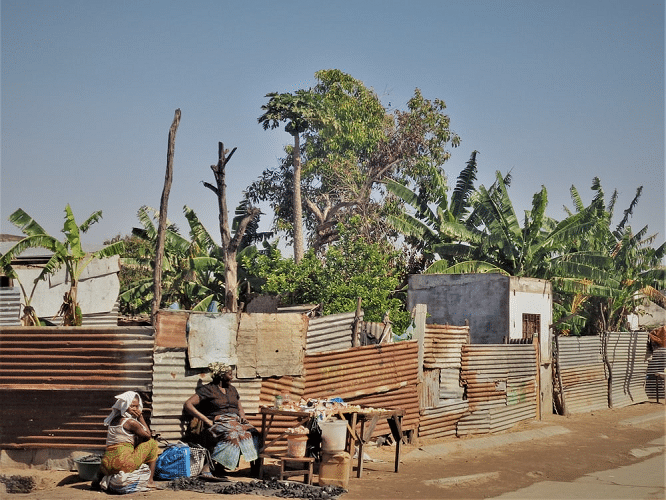Contemporary globalization has made transnational corporations progressively more relevant to global governance and development practices as it has intensified investment and trade flows over time. The very field of BHR (Business-Human Rights) emerged to analyze the application of human rights standards within various corporations.
While the International Human Rights Law is applicable for all states, some corporations have still demonstrated capabilities of causing severe human rights violations without any accountability. The Niger Delta oil spills by Shell, Bhopal Union Carbide plant leak, mining disasters in Brumadinho and Mariana, collapse of Rana Plaza in Bangladesh, and many such incidents in the past have highlighted how certain corporate actions can cause mass fatalities.
However, these events did spur the development of the BHR, which many people consider as an interdisciplinary field of business ethics and practice, law, or global governance. The UNGP, United Nations Guiding Principles on Business and Human Rights, was endorsed by the United Nations (UN) in 2011. It was structured on 3 main pillars: the corporate responsibility of respecting human rights, the state’s duty to protect these human rights, and the victims’ access to non-judicial and judicial remedies. The UNGP restates the pre-existing human rights obligations and emphasizes a ‘socially binding’ responsibility on companies to cause no harm to an individual’s human rights.
BHR has led to many concrete gains, such as making corporations accountable or ensuring labor rights are followed within supply chains. Human rights are prone to alleged economic and structural marginalization, with political and civil rights taking priority over social-economic rights. It sometimes takes attention away from the realization of rights or structural causes of human rights violations.
When human rights standards are applied to corporations, they could also help create a detailed version of basic human rights if the corporation is a significant economic actor whose actions are shaped through economic rules. At other times, BHR can also entrench conventional human rights laws within the corporations, fixating on particular acts of speech violations, killing, or defining ‘respect’ for these human rights within the organization by not committing any political or civil violations. Although, this may cause structural and egalitarian concerns, such as lobbying, tax avoidance, power of the corporation over labor, housing markets, food, less visible. Some scholars believe that as far as corporate power and inequality are concerned, BHR might be part of the problem.

Human rights issues can take many forms, some of which include egregious disasters and violations, torture, war crimes, and killings. Socio-economic rights, for example, include rights to healthcare, food, housing, education, social protection, and decent work. This means that corporations under the UNGP shouldn’t harm these rights, meaning they shouldn’t deprive individuals of accessing these rights. Furthermore, there are many more issues that are rather insidious than egregious, and they’re specifically relevant to businesses, socio-economic rights, and corporation-related rules.
Human rights standards state that corporations shouldn’t be permitted to make profits by reducing access to fundamental socio-economic rights. In practice, there are countless examples of corporations operating within the law but still profiting from these reductions. When corporations operate within market environments, most notably the commoditization and privatization of essential services or resources, they permit profit to be driven by a reduction in making socio-economic rights accessible, especially the right to housing or decent work. For instance, the housing market results from several constructs, from welfare laws to tenancy protection, company laws to investment laws, and several other actors, including the tenants, private equity investors, and homeowners. If the outcome of this multifarious structure still leads to extensive housing-related poverty or rising homelessness, both of which are considered as human rights breaches, what is the remedy, and who is the violator then?
Such complex questions imply that BHR is critical for establishing a basic research agenda while promoting the importance of implementing these human rights standards. Here, the human rights standards are simple: whenever or wherever the access to these rights starts regressing, it’s the state’s duty to prevent it, change the legal incentives, or prohibit practices – whichever may be most suitable.
Generally, investigating a cause and then identifying the remedy is important, but even if human rights exist, sometimes they are not understood in ways intended. In the case of corporations, when any outcome potentially harms human rights, ideally, the practice should change. If one compares the doctrines between violating freedom of speech and making housing unaffordable for vulnerable communities, the former offers much clearer clarity around what the obligation entails whenever it is breached. This relative lack of clarity is often exaggerated and exploited from time to time, which, if we overcome, can enable human rights to challenge poverty, alienation, and inequality.


